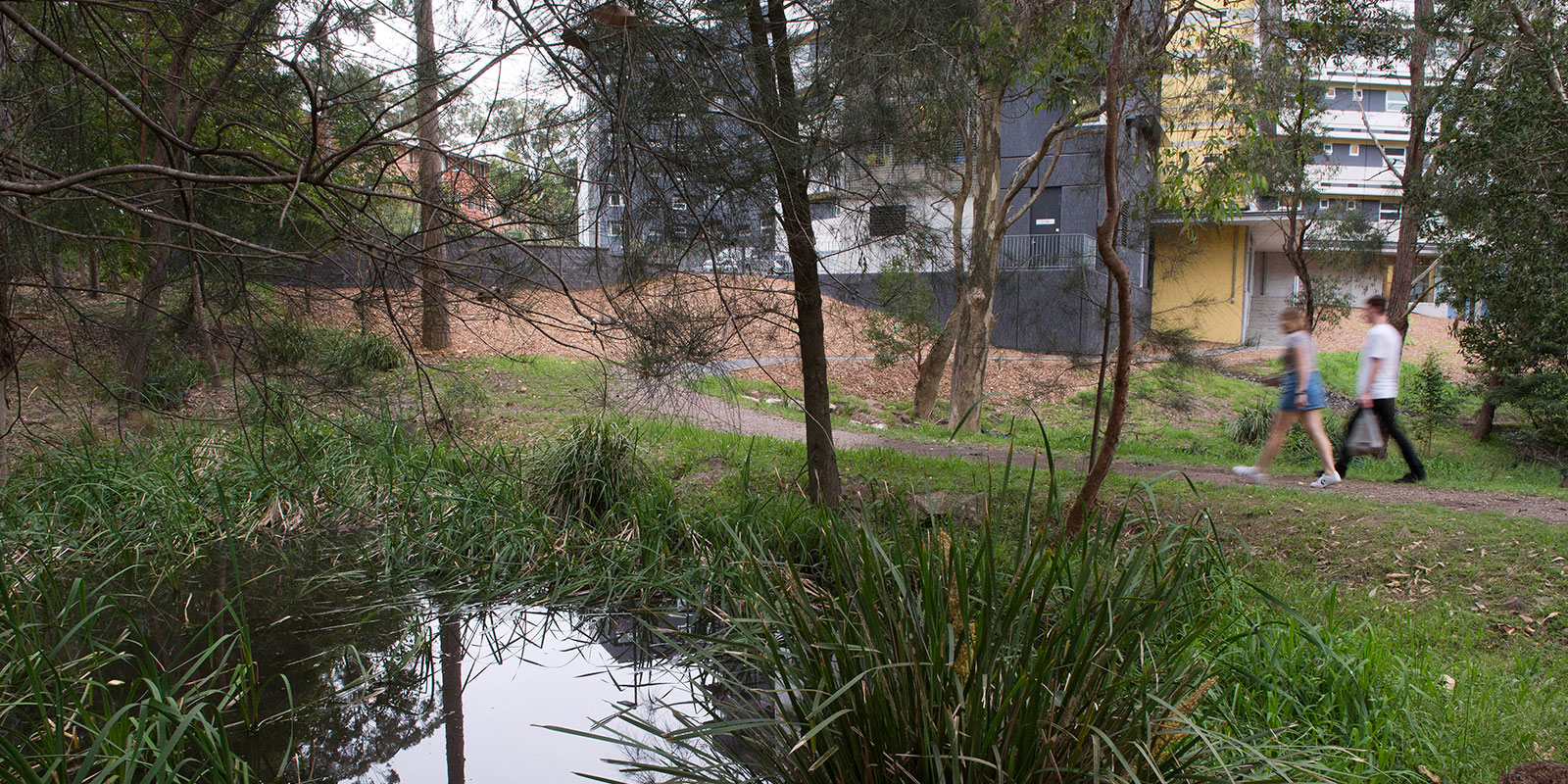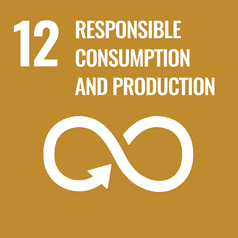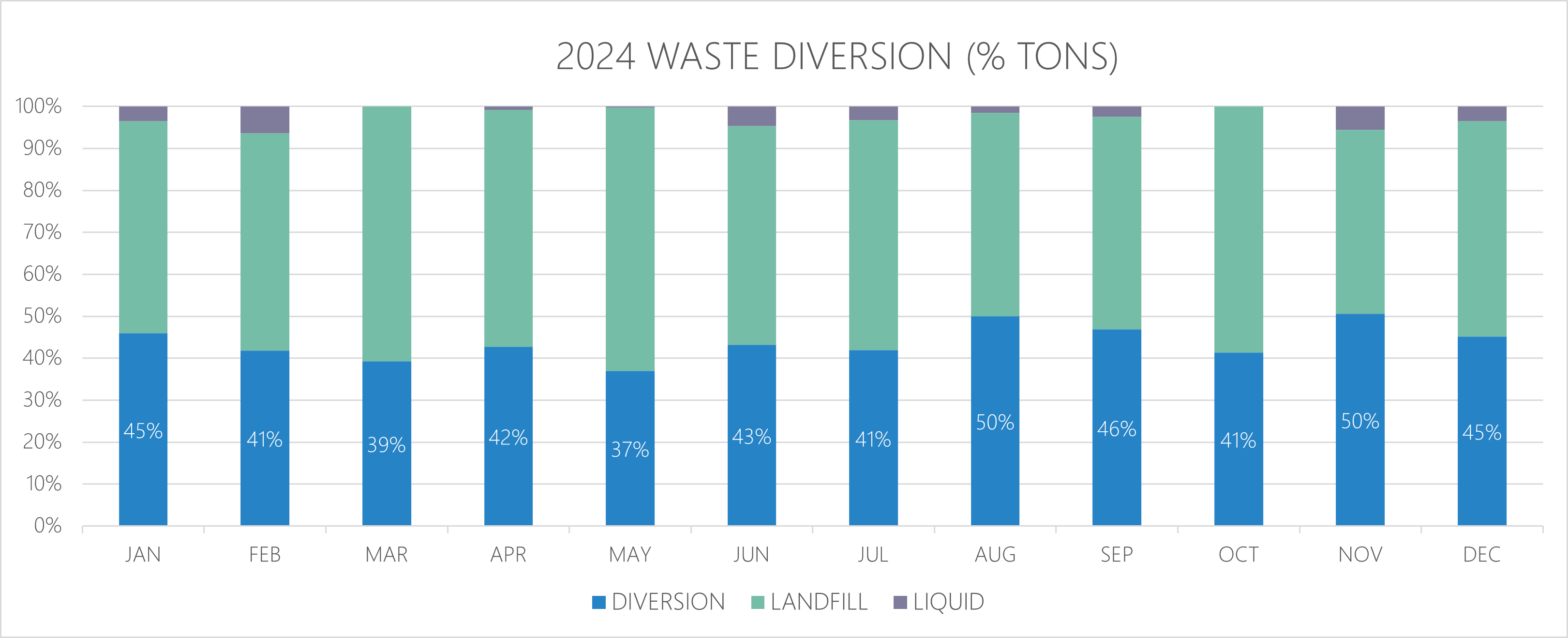

Goal 12:
Responsible Consumption and Production
Waste Tracking
The University actively tracks total waste generated, the portion recycled (i.e. waste diverted from landfill), and reports on these figures publicly. The measurement is systematic and uses monthly contractor reports and internal tracking systems.
Reported Data (2022‑2024)
From the University’s Waste Diversion Tracking initiative:
| Year | Total Waste (Metric Tonnes) | Recycling / Diversion Rate* |
|---|---|---|
| 2022 | 2,349 | 34.6% |
| 2023 | 2,270 | 43.7% |
| 2024 | 2,826 | 44.02% |
*“Recycled” here refers to the proportion of general solid waste diverted from landfill via recycling, composting, or other recovery methods.
In 2024, the total amount of waste was 2,826 tonnes, and the amount diverted was 1,244 tonnes. This brings the total amount of waste recycled to our highest at 44.02%, compared to last year's 43.70%.
The below graphs provide an overview of the University’s waste diversion tracking for the past four years, and a more detailed look at monthly diversion tracking for 2024. In 2024, the University diverted 44.02% of waste from landfill. While the diversion rate has been steadily increasing, the diversion target set out in the Environmental Sustainability Plan has not been met.

Priority actions
- Develop and implement a University-wide waste education campaign, including bin labelling and placement.
- Achieve best-practice baseline waste data and accurately measure via monthly contractor reports.
- Deliver best practice contractor management, including cleaner training, to achieve high levels of general waste separation and recycling targets.
How Measurement is Done, and Use of Data
- Monthly Contractor Reports: The University uses monthly reports from contractors who manage waste collection to gather data on amounts of waste and recycling. This helps establish baseline data and enable monitoring of trends.
- Graphical Tracking: The University publishes graphs (on its sustainability portal) showing monthly tracking of waste and recycling volumes and rates.
- Priority Actions / Improvement Plans: Based on the measurements, the University identifies priority actions such as waste education campaigns, better bin labelling, bin placement, contractor training and management, etc., to increase separation and recycling.
The University of Newcastle acknowledges the traditional custodians of the lands within our footprint areas: Awabakal, Darkinjung, Biripai, Worimi, Wonnarua, and Eora Nations. We also pay respect to the wisdom of our Elders past and present.